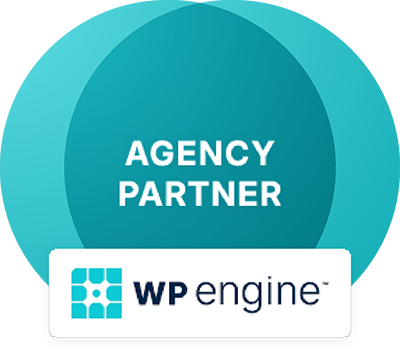




How to Choose the Best WordPress Plugins for Your Website
WordPress plugins are essential tools that extend the functionality of your website, enabling you to customize your site without extensive coding knowledge. With over 58,000 plugins available in the WordPress Plugin Directory, choosing the right ones for your website can be overwhelming. At Masthead Technology, we understand the importance of selecting the best plugins to ensure your website performs optimally. Here’s a guide on how to choose the best WordPress plugins for your site, along with internal and external links to help you dive deeper into related topics.
1. Identify Your Website’s Needs
Assess Your Requirements: Before diving into the vast plugin repository, start by identifying what your website needs. Are you looking to improve security, boost performance, or add new features like e-commerce or social sharing? Clearly defining your requirements will help you narrow down your options and choose plugins that directly address your needs.
2. Research Plugin Reliability
Check Reviews and Ratings: One of the most important factors to consider when choosing a plugin is its reliability. Check user reviews and ratings to see what others are saying about the plugin. Plugins with high ratings and positive feedback are typically more reliable and better supported.
Plugin Updates: Look at the last time the plugin was updated. Regular updates indicate that the plugin is well-maintained and compatible with the latest version of WordPress. Avoid plugins that haven’t been updated in a long time, as they may pose security risks or compatibility issues.
3. Consider Plugin Compatibility
Theme and Plugin Compatibility: It’s crucial to ensure that the plugin you choose is compatible with your WordPress theme and other plugins you’re using. Incompatibility can lead to site crashes, broken functionality, or slow performance. Test plugins in a staging environment before deploying them on your live site.
PHP Version Compatibility: Make sure the plugin is compatible with your website’s PHP version. Using an outdated plugin that doesn’t support your PHP version can lead to security vulnerabilities and performance issues.
4. Evaluate Plugin Support and Documentation
Quality of Support: Support is an essential aspect of a plugin’s quality. Look for plugins that offer robust support, whether through forums, direct support from the developer, or a detailed knowledge base. This is especially important for premium plugins, where support is typically included in the purchase.
Documentation: Good documentation can make a huge difference in how easily you can set up and configure a plugin. Look for plugins that offer comprehensive guides, FAQs, and tutorials.
5. Focus on Performance Optimization
Lightweight and Efficient: Choose plugins that are lightweight and don’t add unnecessary bloat to your website. Plugins that are poorly coded or resource-heavy can slow down your site, affecting user experience and SEO rankings.
Performance Testing: After installing a plugin, test your website’s performance to ensure it hasn’t slowed down. Tools like GTmetrix and Google PageSpeed Insights can help you monitor your site’s speed and identify areas for improvement.
Conclusion
Choosing the best WordPress plugins for your website is a critical task that requires careful consideration of your site’s needs, plugin reliability, compatibility, support, and performance impact. By following these guidelines and leveraging trusted resources, you can select plugins that enhance your website’s functionality, security, and user experience. At Masthead Technology, we’re here to help you build and maintain a WordPress site that meets your goals. Contact us today to learn how we can assist with plugin selection, installation, and ongoing support.
FAQs
Why is it important to regularly update WordPress plugins? Regularly updating WordPress plugins ensures they remain secure, compatible, and functional. It also allows you to benefit from new features and performance improvements.
How can I test plugin compatibility before going live? Use a staging environment to test plugins for compatibility with your theme and other plugins. This prevents potential issues from affecting your live site.
What should I look for in plugin reviews and ratings? Look for consistent positive feedback, a high number of active installations, and recent updates. These indicators suggest the plugin is reliable and well-maintained.
How can I optimize my website’s speed with the right plugins? Choose lightweight plugins that don’t add unnecessary bloat, and use performance testing tools to monitor and improve your site’s speed.
Where can I find high-quality WordPress plugins? Trusted sources for high-quality plugins include the WordPress Plugin Directory, premium plugin providers, and recommended lists from reputable WordPress blogs.



